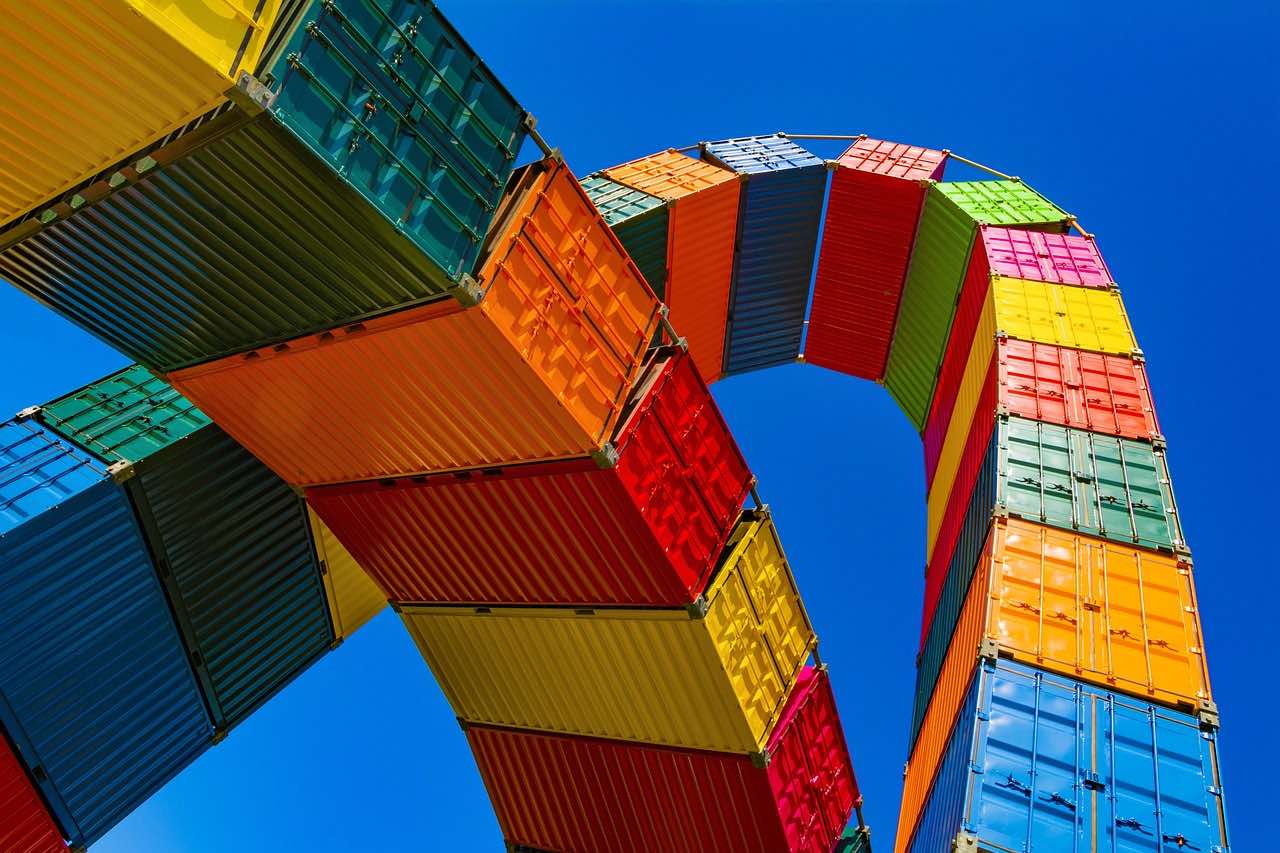If you like statistics and are interested in international commerce, a career in commodities trading might be ideal for you. Singapore is a big financial hub in Southeast Asia, and there are many ways to get a job trading commodities there. But what is commodities trading? Forex market participation, futures contracts, and options are just a few of the trading vehicles covered here that may allow you to engage in the Singapore commodities market. We’ll also go over some of the potential challenges you could face as a professional in this field, as well as the knowledge and skills you’ll need to overcome them.
What is commodity trading?
The phrase “commodities trade” refers to the buying and selling of physical goods such as food, metals, and energy. On markets all over the world, you can buy and sell these commodities, and supply and demand determine their price. Commodity traders can enter the market in two ways: as speculators looking to profit from price movements or as hedgers looking to protect themselves from them.
Farmers may opt to sell futures contracts to protect themselves against a probable drop in crop prices, while speculative investors such as hedge funds may prefer to buy futures contracts. Speculators in commodities might profit from price changes if they can predict and act on how they think prices will change.
Commodities market tips for newcomers in Singapore
To begin commodities trading in Singapore, you must first choose a brokerage that has the tools and resources you need. Online brokers, as well as traditional banks and financial organizations, are feasible options.
When choosing a brokerage, consider the following factors:
– It’s important to choose a brokerage with low fees, so do some research to find one with low trading and account maintenance costs.
– Platforms and tools: look for a broker with an easy-to-use trading interface and access to a number of relevant pieces of information to help you make trading decisions.
– Use a brokerage that is regulated by the Monetary Authority of Singapore (MAS) to protect yourself and your money.
– A brokerage’s trustworthiness and dependability can be judged by how well it does in the market.
– After deciding on a brokerage firm, the next step is to open an account and deposit your trading money. Begin with a small sum of money and gradually increase it as your competence and confidence improve.
The commodity market in Singapore and its varieties
Commodities can be traded on a variety of exchanges, including the Singapore stock exchange, futures contracts, and options markets.
Foreign exchange trading
Foreign exchange trading, abbreviated as “forex,” is the buying and selling of currencies on the global financial market. The foreign exchange market is by far the largest and most liquid financial market in the world, with daily trading volume exceeding $6 trillion. The Monetary Authority of Singapore (MAS) controls the country’s currency market by making laws to protect traders and the market as a whole.
To engage in foreign exchange trading in Singapore, you must first open a forex trading account with a Singaporean brokerage that enables foreign currency trading. After that, the trading platform of the brokerage can be used to buy and sell foreign currency.
The futures exchange
Futures trading is the buying and selling of contracts for the delivery of a commodity at a future date at a fixed price. Futures contracts are used by traders for a number of reasons, including hedging against price fluctuations and speculating on future price changes. The Singapore Exchange (SGX), which is the main exchange in Singapore, is where most futures contracts on things such as agricultural goods, energy sources, and financial instruments are traded.
The first step in entering the Singapore futures market is to open a futures trading account with a Singapore brokerage. The trading platform of the brokerage is where you can buy and sell futures contracts.
Managing options
Option trading is the buying and selling of contracts that give the buyer the right, but not the obligation, to buy or sell an underlying asset at a certain price on or before a specific date. Options allow for both hedging and speculation on price movements.
The Singapore Exchange offers options trading on a broad range of commodities (SGX). The first step toward becoming an active options trader is to open an account with a Singaporean brokerage that offers this service. After that, utilize the brokerage’s trading interface to buy and sell options.
What you should know before trading commodities in Singapore
To make it in Singapore’s trading environment, you’ll need more than just a fundamental grasp of the commodities market. You’ll also need to know a lot about money and how it works, how to analyze and evaluate financial data, and how to make profitable trades based on what you learn.
To be successful in trading, you must be able to keep a cool head under pressure and make rational decisions regardless of how you feel. To make smart trading decisions, you must be able to analyze market conditions and trends using both fundamental and technical analysis.
Trading requires a significant time investment, so time management is critical. Good time management skills are essential for effective trading since they enable you to satisfy all of your duties without causing them to conflict.
Overcoming difficulties in the Singapore commodity market
Commodities trading in Singapore might bring you a lot of money, but there are certain hazards you should be aware of. For example, commodity markets can be very volatile, with price changes often depending on supply and demand factors. As a result, forecasting price movements may be difficult.
Traders from all around the world compete in the commodities markets to benefit from price swings. In today’s market, if you want to stay ahead of the competition, you must keep learning and growing.
Conclusion
If you are interested in money and the worldwide market, commodities trading might be a terrific career for you. Commodities trading on the forex market, in futures contracts, or via options is a popular activity in Singapore. Financial literacy, trading psychology, market analysis, and time management are just a few of the skills and knowledge required to succeed in this industry. Commodities trading in Singapore might be challenging, but it’s definitely worth putting in the time and effort required to succeed.
It is critical to have a clear understanding of the risks associated with commodities trading, as well as a well thought out plan for dealing with them. It’s also crucial to complete your research on the markets and the products you’re trading and to get professional financial advice if necessary.
Furthermore, keeping up with market developments and always studying and enhancing your talents is essential. To do this, you might need to actively look for information, take part in programs, and keep up with market news and analysis. Commodities trading in Singapore is a potentially profitable but hard business that requires perseverance, tenacity, and adaptability.







